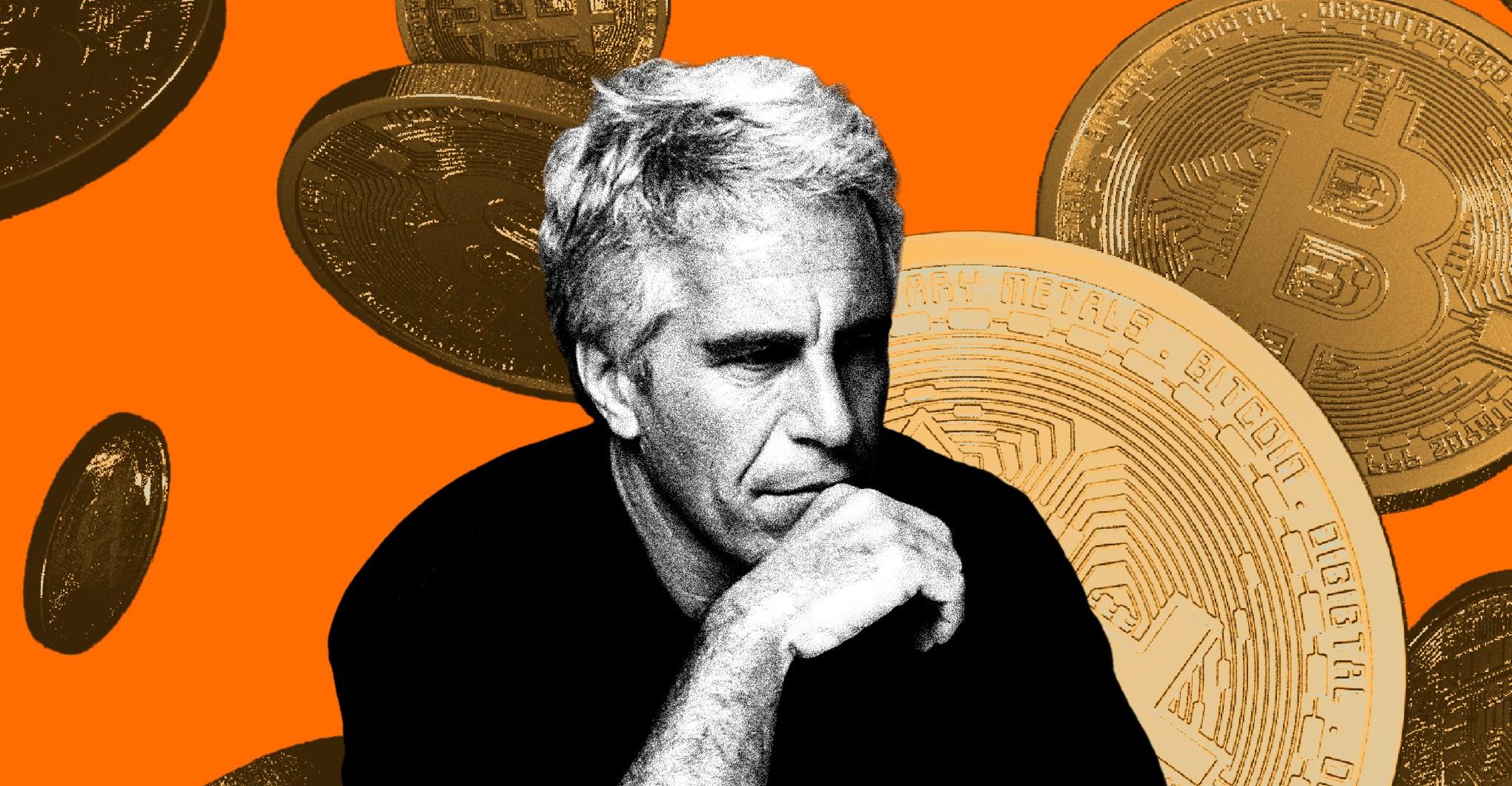Seminar aimed to engage Non-Resident Pakistani Investors to invest in Pakistan's tourism sector


Lahore: The Federation of Pakistan Chambers of Commerce and Industry (FPCCI) organized a seminar on “Unlocking Tourism Potential: Path to National Economic Development” at FPCCI Regional Office Lahore.
The seminar aimed to engage Non-Resident Pakistani Investors to invest in Pakistan's tourism sector. The principal objective of the session was to promote and develop tourism in Pakistan.
United States (U.S.) Consul General Lahore H.E Kristin K Hawkins, who was the chief guest, said the US government was working with Pakistan to help preserve Pakistan's rich and diverse cultural heritage.
Consul General Hawkins shared that 2001 the U.S. Congress established the Ambassadors Fund for Cultural Preservation. Since the program’s inception, the United States has helped preserve more than 1,200 cultural heritage projects worldwide. In Pakistan, the United States has provided more than $ 8.4 million – in grants, not loans - to support 35 cultural preservation projects. These projects range from conserving Gandhara archaeological treasures and preserving Mughal architectural heritage to documenting historical manuscripts, restoring Sufi shrines and Hindu monuments, academic and professional partnerships, and digitizing efforts at museums.
She further emphasized the United States' significant commitment to preserving Pakistan's cultural heritage. The U.S. is currently undertaking a substantial $1 million project at the Lahore Fort, focusing on the restoration of seven specific sites within the fort. These sites, including the renowned picture wall and the Grand Sheesh Mahal, are emblematic of the diversity of Pakistan's history and culture. The United States has also recently completed a separate project at the Wazir Khan Mosque and Chowk, now a vibrant hub for community and cultural events in Lahore.
Another recent U.S. project was launched in Quetta to enhance a museum and help secure the cultural artifacts there for the future.
Consul General Hawkins mentioned that the U.S. goal is to help preserve Pakistan's cultural heritage, create new jobs, and strengthen Pakistan's economy. For example, the United States is providing paid internships for 30 young Pakistanis to learn conservation techniques and develop marketable skills as part of the Lahore Fort project.
Consul General Hawkins remarked that the United States has also supported the preservation of Pakistani cultural heritage through various academic partnerships, including multiple Boston architectural college-led projects that provided training on conservation methods for researchers in Lahore.
She emphasized that the United States has supported cultural partnerships such as a program between the Smithsonian Institution in the United States and the Lok Virsa Museum in Pakistan. These partnerships have led to joint research efforts and work to catalog several cultural traditions through the digitalization of archives and the creation of audio tours. Last year, six individuals from Punjab who are working in cultural heritage traveled to the United States through the U.S. government-funded International Visitor Leadership Program.
She said another part of U.S.-Pakistan bilateral cooperation on cultural heritage is a cultural property agreement signed between the United States and Pakistan in January. This agreement worked to restrict the importation of certain archaeological objects from Pakistan into the United States and to help facilitate the return of those objects.
FPCCI Vice President Qurrat ul Ain highlighted that tourism is not just an industry but a bridge that connects cultures, fosters understanding, and creates economic opportunities. With its rich cultural heritage, diverse landscapes, and warm hospitality, Pakistan holds immense potential to become a top tourist destination. However, to realize this potential, we must address various challenges and work collaboratively towards sustainable development.
Qurrat ul Ain further stressed that FPCCI is committed to boosting our tourism sector. This session aims to explore strategies for harnessing Pakistan's immense tourism potential, particularly in religious tourism, health tourism, and agritourism.
She added that the engagement of overseas Pakistanis, especially those residing in the United States and the European Union, is crucial in this endeavor. Their experiences, investments, and connections can significantly contribute to the growth of our tourism industry.
Mr. Farid Ahmad Tarar, Secretary of the Tourism, Archaeology, and Museums Department, Government of Punjab, highlighted the real potential of tourism in Pakistan. Brigadier ® Mansoor Janjua, Chief Operating Officer (COO) of Ravi Urban Development Authority (RUDA), Mr. Imran Pasha, a Non-Resident Pakistani Investor, and others also spoke at the seminar.
Global oil and gas shipping costs surge as Iran vows to close Strait of Hormuz
- a day ago
Iran war enters fourth day in 'smoke and blood' as markets slide
- a day ago
Iran Guards say launched more than 40 missiles at US, Israeli targets
- 3 hours ago

Jeffrey Epstein saw promise in Bitcoin — and its far-right supporters
- 5 hours ago

The Galaxy S26 is a photography nightmare
- 5 hours ago
Apple launches new generation of MacBook laptops starting at $1,099
- a day ago
Iran postpones state funeral for Khamenei: state TV
- an hour ago

PM takes parliamentary leaders into confidence regarding Pak-Afghan situation
- 3 hours ago

What does “America First” even mean anymore?
- a day ago

The Supreme Court appears likely to let stoners own guns
- 12 hours ago
67 Afghan Taliban operatives killed in latest repulsive attacks: Tarar
- a day ago

Do you need to know who you’d be without antidepressants?
- 12 hours ago








